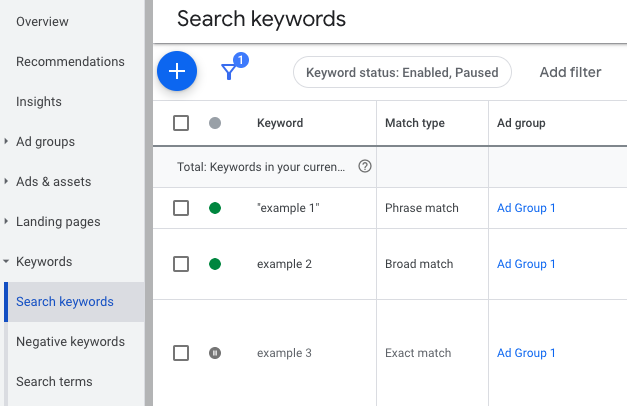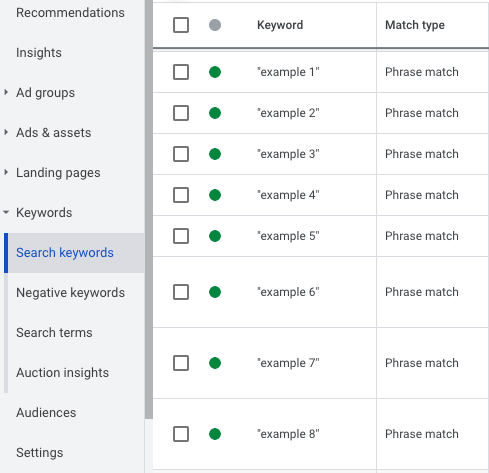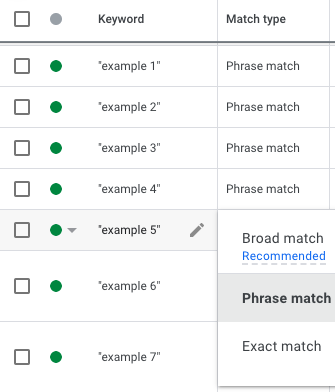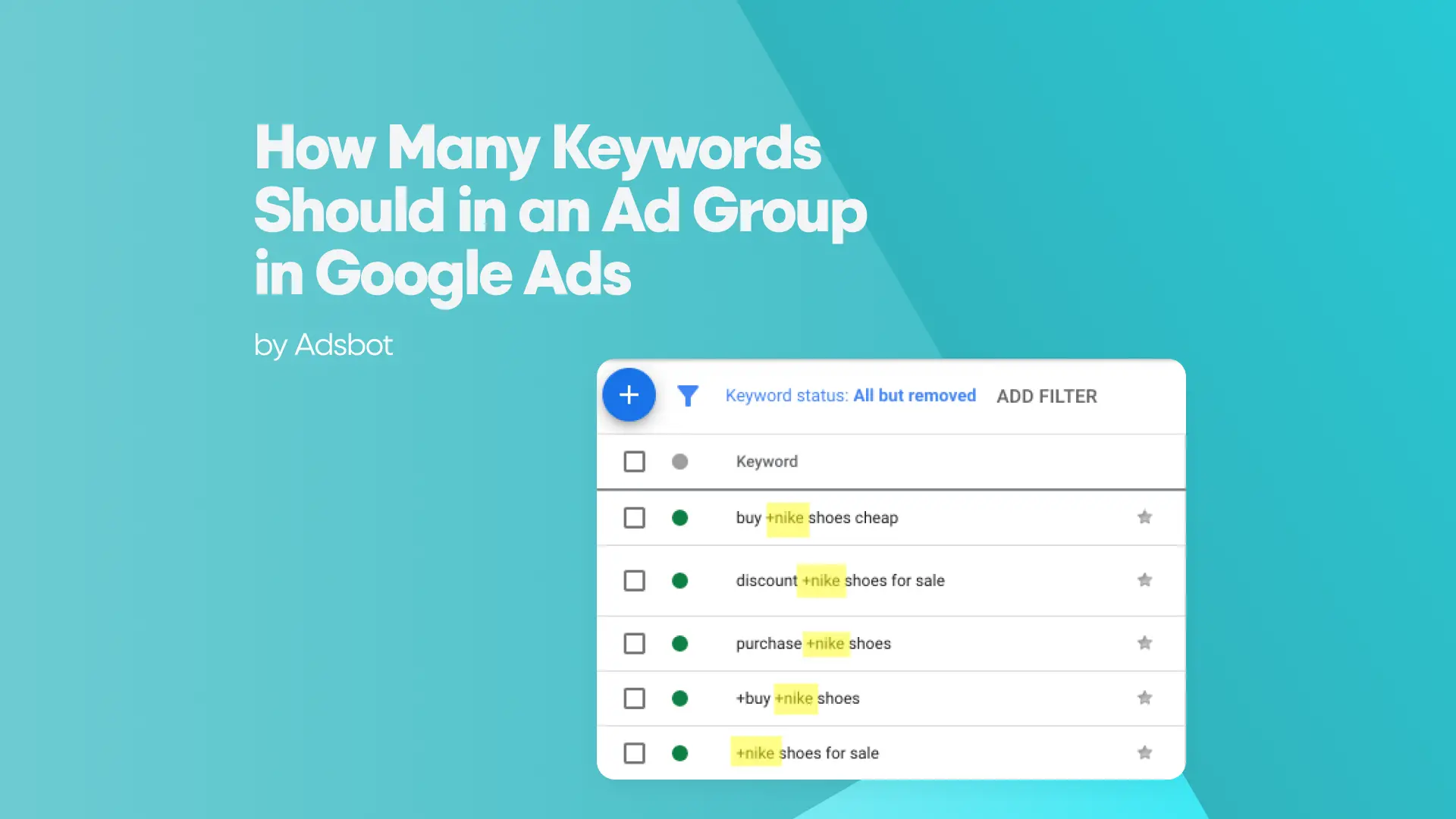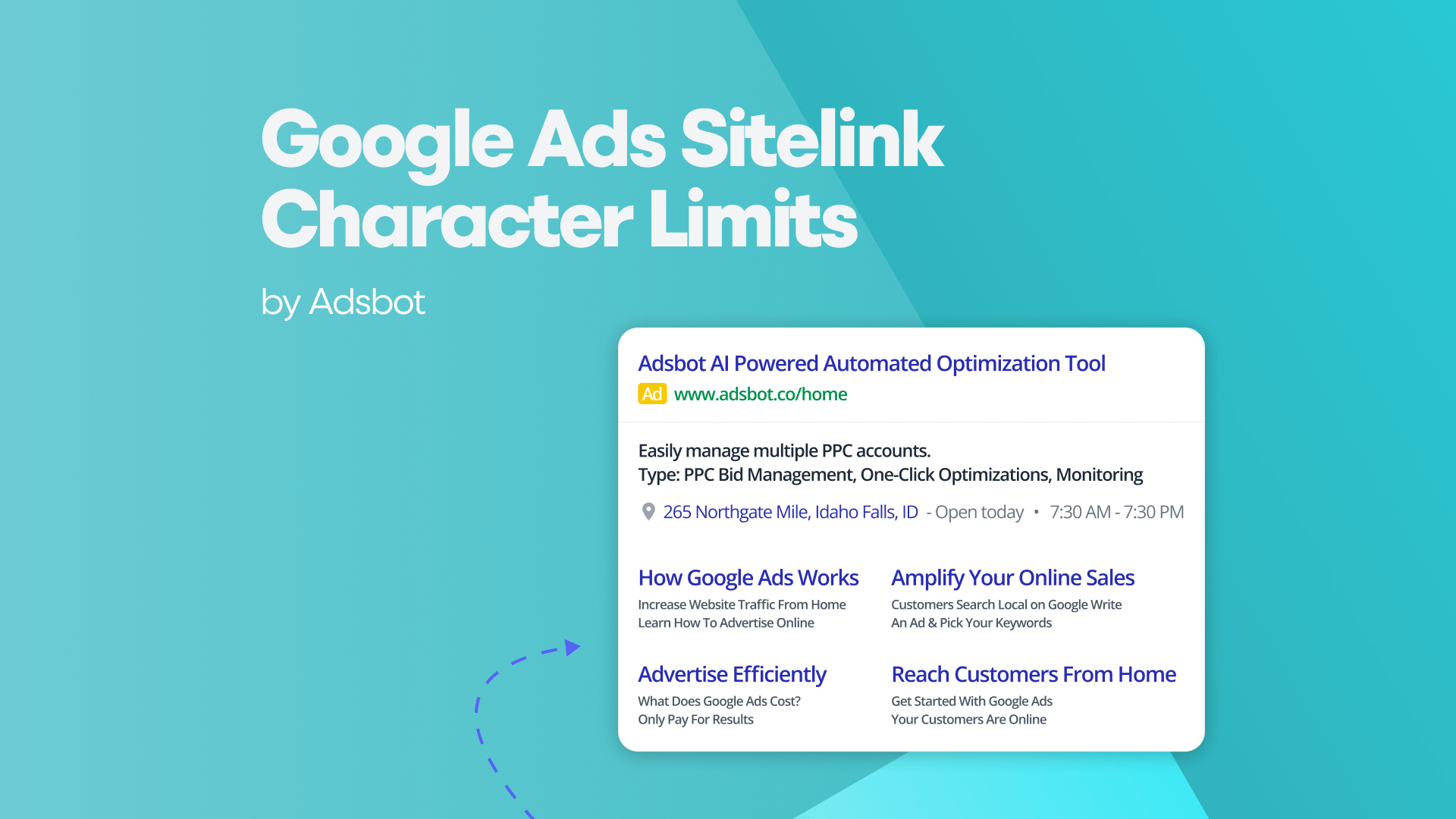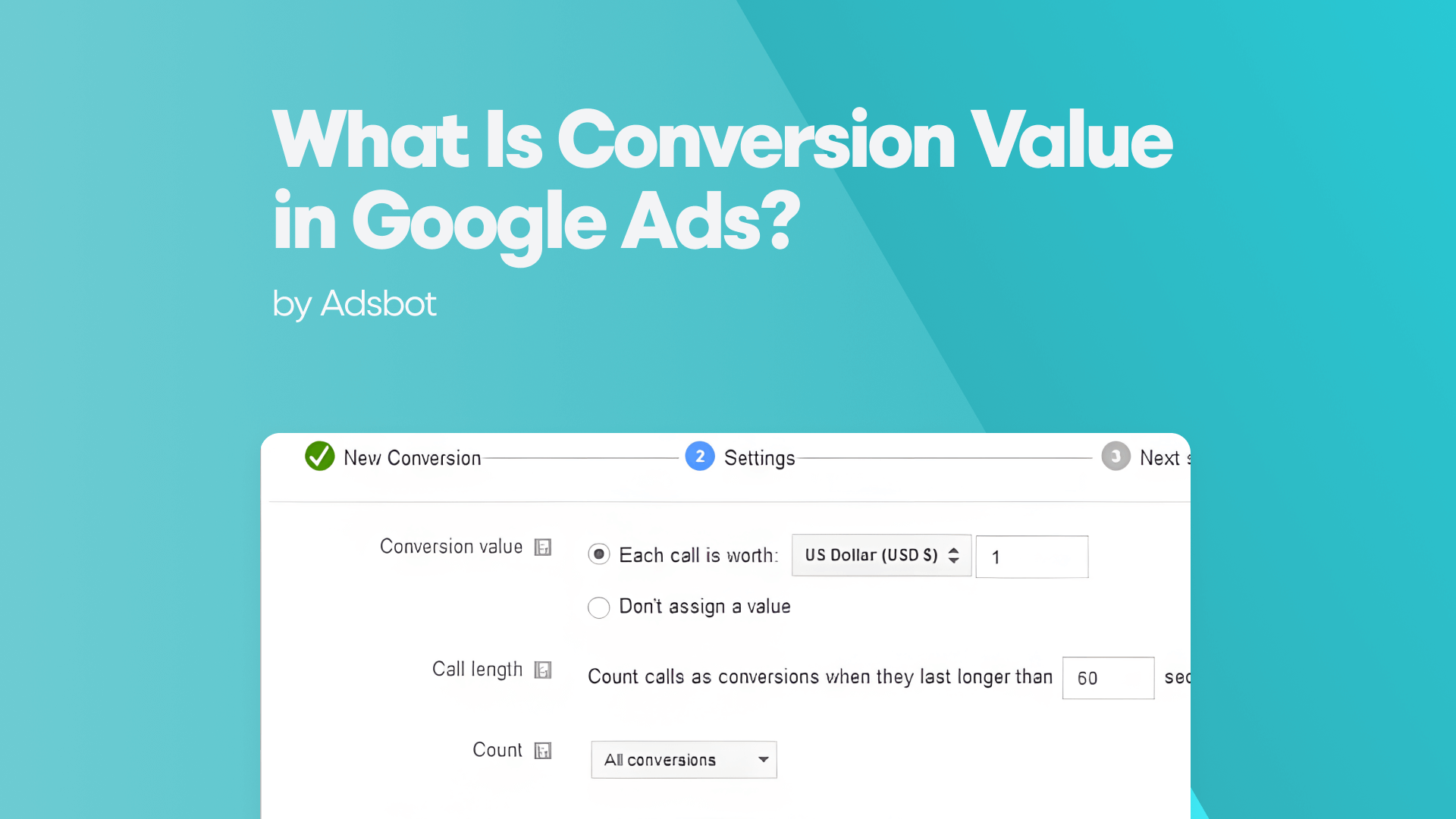Phrase match is a feature in Google Ads that allows advertisers to target their ads to users who search for specific terms or phrases. Advertisers can choose to show their ads only to users who search for an exact match of their chosen phrase, or they can choose to show their ads to users who search for a close variation of the phrase.
You will learn 2 main issues about Google Ads phrase match in this article:
- What Is a Phrase Match?
- Why Should You Use It?
What Is a Phrase Match?
Google Ads has three different keyword match types. These; broad match, phrase match, and exact match. The use of each type is different from each other. The syntax specified by the advertiser determines which queries the ad will appear on for each type, and how the search terms that will display the ads appear in front of users searching for those words on the Google Search Network.
-
Exact match
Ads are shown only when the user searches for words that are exactly the same as the query keyword.
-
Phrase match
If there are extra words before or after the keyword, ads are shown when the user searches for the keyword with a few additional words.
- Broad match
Ads are shown as long as all keywords are part of the search, regardless of word order.
In a nutshell, match types are tools that define how close a user’s search query must be to an advertiser’s keyword to be eligible to trigger an ad.
Why Should You Use Phrase Match?
Keywords and match types are one of the most fundamental elements of PPC. Using the right keyword match type helps to optimize Google Ads campaigns with the right keyword and the money spent on advertising brings the right type of traffic. This increases the likelihood of attracting a new customer, generating sales, and maximizing ROI.
The important thing is not to have the right keywords, but to know how and where to use them for which users. It is what makes the difference between a successful ad campaign and an ad campaign that has great potential but has missed its mark. What should I do?
- Define your match type options
- Understanding match type differences
- Execute a combination of match types
- Create Google Ads campaign
After creating your campaign, you determine your keywords for your ads. Which match type you choose for these keywords is entirely up to your business goals. You can add keywords and make all the necessary adjustments from the ad group level or the ad level under the campaign.
If you wish, you can change the match type you selected as phrase match with other types on this panel.
Phrase match is a powerful matching type that can help advertisers reach their target audience more effectively. It is a popular match type because it cuts out the risky, potentially irrelevant traffic that broad match reels in. By targeting specific phrases, advertisers can improve their ad relevance and ensure that their ads are seen by users who are more likely to be interested in what they have to offer. When using phrase match, advertisers have the option to include or exclude certain words from their target phrase. For example, an advertiser targeting the phrase “red shoes” could choose to exclude the word “sneakers” so that their ad would only show to users who search for “red shoes” but not “red sneakers.”
Phrase match has adopted some of the functionality of broad match modified (BMM) keywords from February 2021. Thus, ads served with phrase match can be shown on searches that contain the implied meaning of the keyword, and user searches can be a more specific form of meaning. This is an innovation about what the keyword means, not directly what it is. Meaning, in a way, has replaced keywords. For phrase match, the meaning of the keyword must also be part of the query. Google’s machine learning is now good enough to distinguish whether word order matters or not, so there’s no need to rigidly impose word order on advertisers. Although very similar to the original broad match, phrase match is still a type of keyword that narrows the target audience on the medium setting.
Benefits of using phrase match in Google Ads
- Increased Relevance: Phrase match ensures that your ad only appears for searches that are relevant to your product or service, increasing the chances that your ad will be seen by people who are actually interested in what you have to offer.
- Better Targeting: Phrase match allows you to control the exact phrasing that triggers your ad, allowing you to target specific searches with greater precision and relevance.
- Improved Quality Score: Google uses Quality Score to determine the relevance and quality of your ads. By using phrase match to target relevant searches, you can improve your Quality Score and reduce your cost per click.
- Increased Efficiency: By using phrase match to control which searches trigger your ad, you can avoid appearing for irrelevant searches, which can save you money and improve your return on investment.
In conclusion, phrase match doesn’t appeal to a broader audience as broad match, nor is it as restrictive as exact match. It is right in the middle of these two. Phrase match is more flexible than exact match. It catches a wide audience and it gives Google more room to discern than broad match does with negative keywords. Compared to broad match, traffic opportunities may be missed, but on the other hand, it helps to both maintain a high quality score by not being in front of an irrelevant audience and manage costs by not paying for bad clicks. With a regular follow-up of campaign performance analysis, you can decide on the most suitable keywords for your ads!
How Does Adsbot Help You?
Adsbot helps you automate and optimize your campaigns in a minute. You can analyze which matching options works better in your account with a single click. Besides, Get insights, alerts and smart recommendations with a single click. You will have a full control on your account and focus on strategy. Start you free trial today and see Adsbot in action.
Popular Posts
-
How Many Keywords Should Be In an Ad Group in Google Ads?
Ever wondered if your Google Ads campaigns are packed with…
Read more -
Google Ads Script for Dummies: An Introduction
Imagine you have an e-commerce website that sells licensed superhero…
Read more -
Google Ads Sitelink Character Limits
Your Google Ads are cutting off in the middle of…
Read more -
What Is Conversion Value in Google Ads?
What if you could put a price tag on every…
Read more
Register for our Free 14-day Trial now!
No credit card required, cancel anytime.

